Activists ‘stand in way of Indigenous economic empowerment’, says Roy Ah-See
Green activists are abusing land rights acts at the cost of economic empowerment and Tanya Plibersek is failing to listen to the Aboriginal authority on the lands of a vetoed $1bn gold mine, a respected Wiradjuri leader warns.
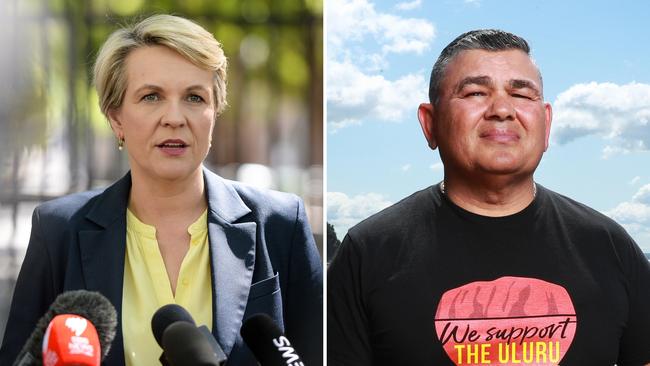
Green activists are abusing land rights acts at the cost of economic empowerment and Environment Minister Tanya Plibersek is failing to listen to the Aboriginal authority on the lands of a vetoed $1bn gold mine, one of the most respected leaders of the Wiradjuri nation warns.
Despite her own department originally approving the project and the Orange Local Aboriginal Land Council challenging the grounds of her decision, Ms Plibersek has said she declared an Indigenous protection order over a Regis Resources goldmining project near Blayney because of its importance to the Wiradjuri people of central NSW.
Ms Plibersek was holding firm on Monday as she came under attack from both the Business Council of Australia and the Coalition for her decision. BCA chief executive Bran Black warned of an investment drain and opposition Indigenous affairs spokeswoman Jacinta Nampijinpa Price called the veto a “serious threat to economic development for Indigenous Australians”.
Last Friday, Ms Plibersek said: “Because I accept that the headwaters of the Belubula River are of particular significance to the Wiradjuri/Wiradyuri people in accordance with their tradition, I have decided to protect them.”
Roy Ah-See – one of the most senior Wiradjuri leaders on the national stage and the former chair of the NSW Aboriginal Land Council – said the Labor frontbencher was wrong to prefer the views of opponents over the written advice of the Orange Local Aboriginal Land Council.
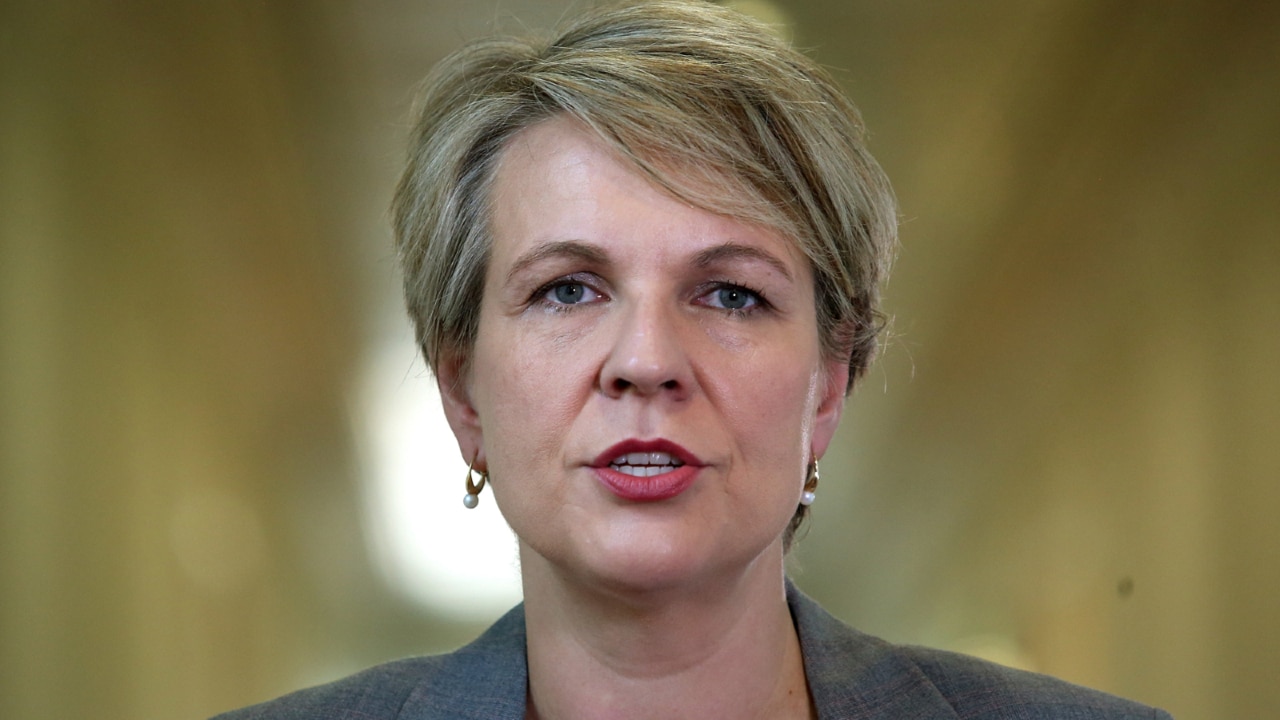
Mr Ah-See said he was not speaking on behalf of the group, but wanted to speak up for the recognised cultural authority of the local land council.
“If it’s got the support of the local Aboriginal land council that should be enough for the minister to listen to the recognised Aboriginal party,” he said.
“If you don’t have that structure, you have chaos … We can have anyone ringing up saying they’re Wiradjuri and it doesn’t feel right to me. That’s why the land council is so important because in order to become a member there are certain requirements and restrictions. They are the statutory authority.”
Mr Ah-See said environmentalists believed Aboriginal lands should be locked up.
But economic empowerment for Aboriginal people in Blayney should come first, he added.
“The green attitude is that all our land should be locked up for environmental national parks and that wasn’t the intent of the NSW land rights legislation,“ the Wiradjuri leader said.
“The environmental view is that Aboriginal people should be environmentalists, that’s not true. That shoe doesn’t fit. We are balanced. It is about economic empowerment for us.
“We want to create economic opportunities for the future generations and we are not going to do that by locking up our land and using them as environmental corridors or offsets for other developers. That’s crazy.”

The BCA predicted an investment drain due to unwieldy planning and regulation in the wake of the Albanese government’s eleventh-hour decision to stop the $1bn goldmine.
Orange Land Council’s own heritage committee “truth tested” claims about the impact of the McPhillamys project, finding “they could not be substantiated”.
“The proposed development would not impact any known sites or artefacts of high significance,” the land council wrote to the NSW Independent Planning Commission last year.
Mr Black said that if projects were approved under federal and state law they shouldn’t then be put at risk by activist inspired lawfare. This followed an extraordinary statement to the Australian Stock Exchange by Regis Resources on Monday, criticising Ms Plibersek’s decision to declare an Indigenous protection order over the project, despite the minister having approved it under commonwealth environmental laws.
The resources sector has warned of a dangerous precedent set by Ms Plibersek’s intervention last week to accept a section 10 application under the 1984 Aboriginal and Torres Strait Island Heritage Protection Act to protect the land on which a tailings dam for the mine had already been approved by the NSW and federal government.
“I constantly hear from CEOs that Australia is missing out on major investments because our planning and regulation systems are difficult to navigate, duplicative and cumbersome,” Mr Black said.
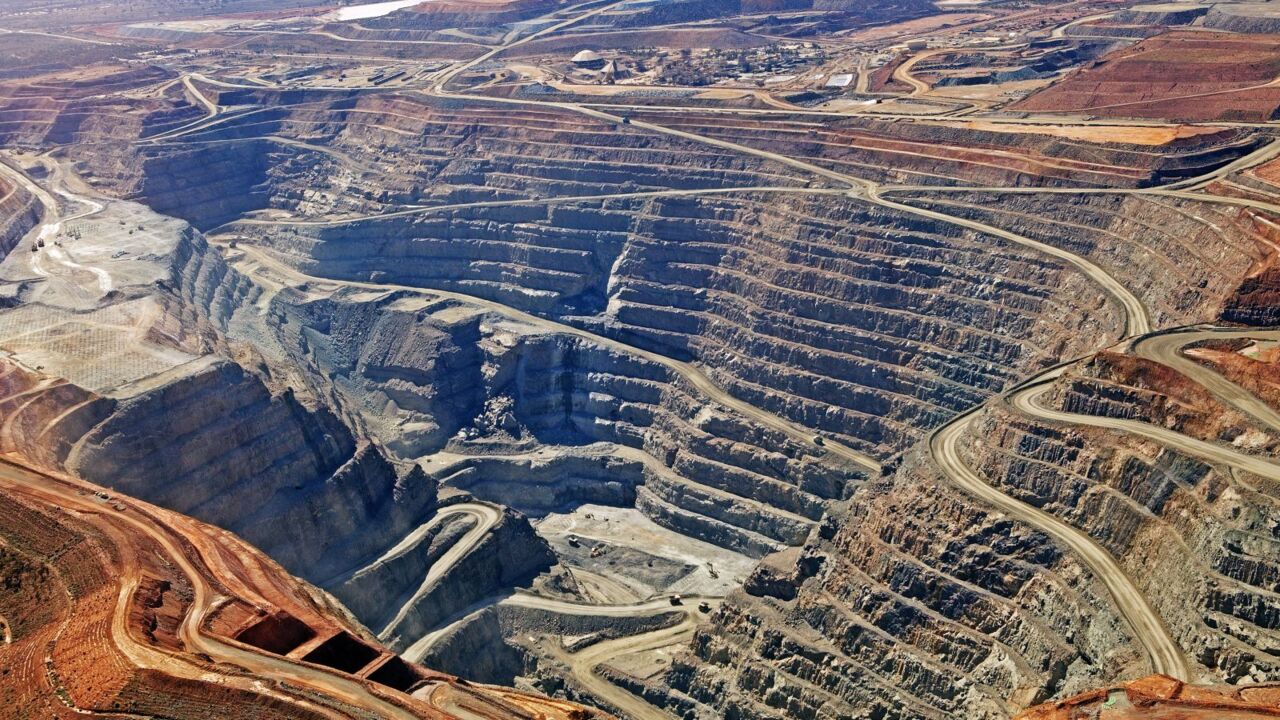
“We need an approval system which balances economic, environmental and social benefits of projects and provides transparent decisions.
“If projects are supported by communities and meet all the approval requirements, they should not be put at risk by activist actions or lawfare.”
While Senator Price said the Orange land council’s desires to proceed with the mine had been stymied. “This is a perfect example of Indigenous Australians wanting to develop their land and utilise all that it has to offer, but the Albanese government explicitly stopping them from doing so,” she said.
Regis Resources chief executive and managing director Jim Beyer said in the statement to the ASX that the company was “extremely surprised and disappointed” with Ms Plibersek’s decision and claimed it would threaten all future developments including renewable energy, farming, infrastructure and housing. He said the project – which would have created close to 1000 jobs and $200m in mining royalties – was now unviable.


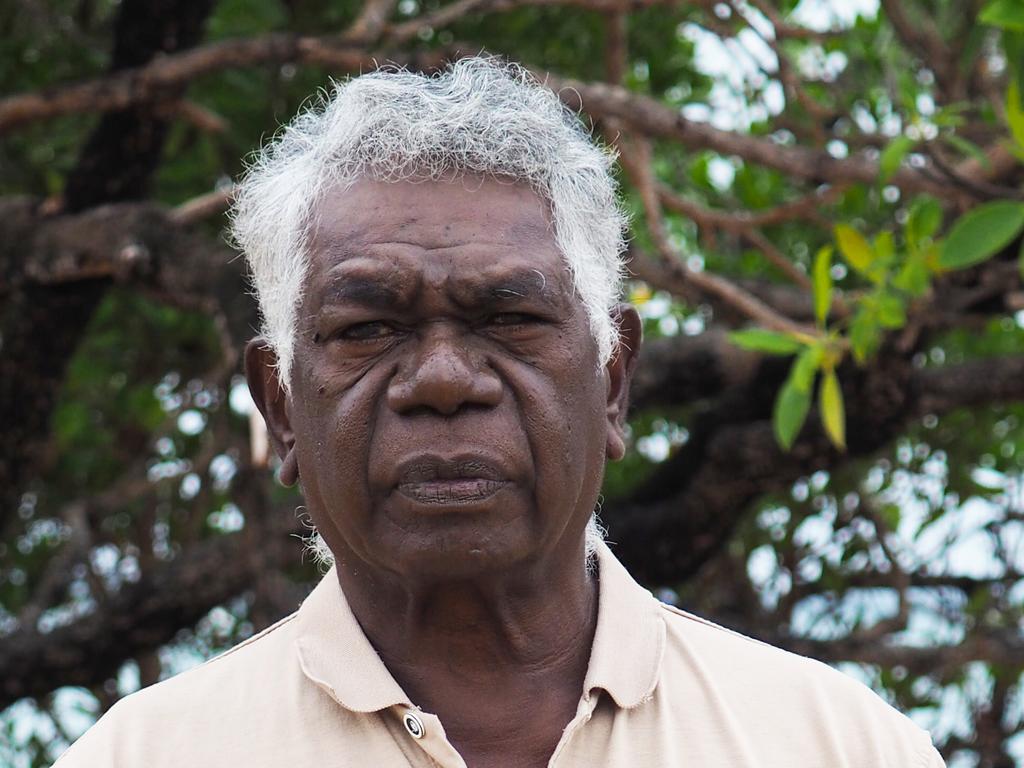
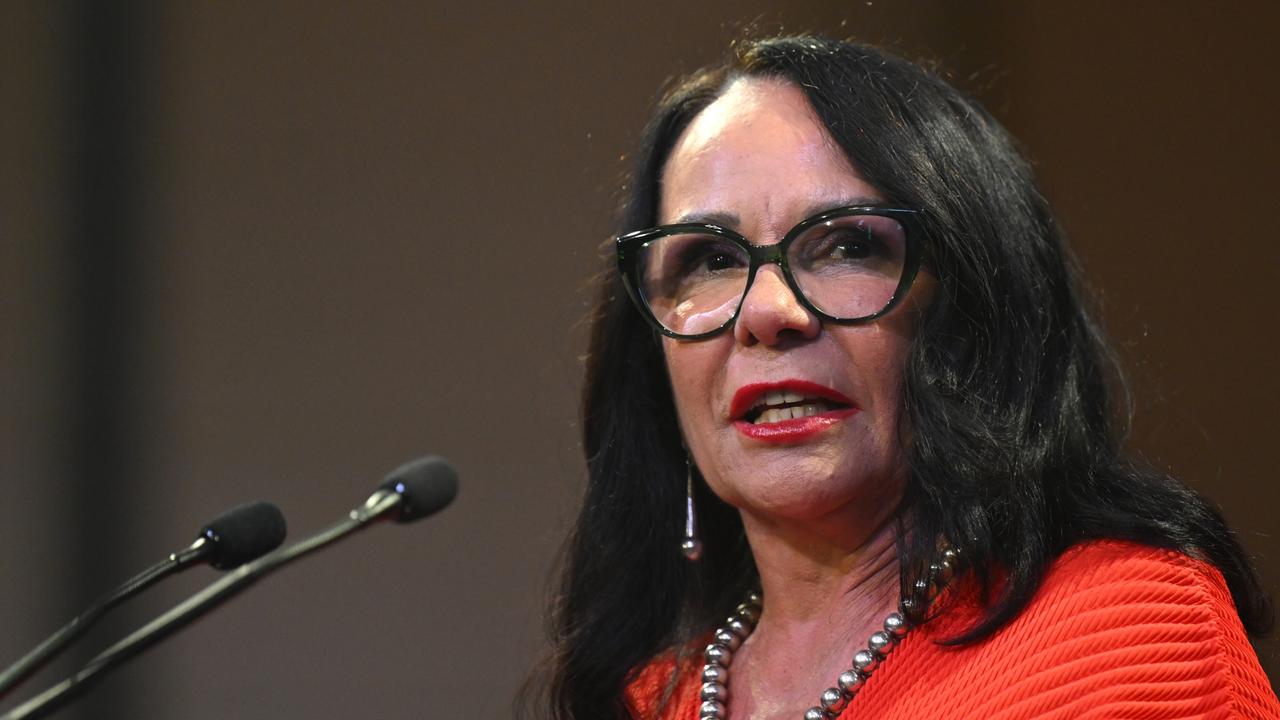
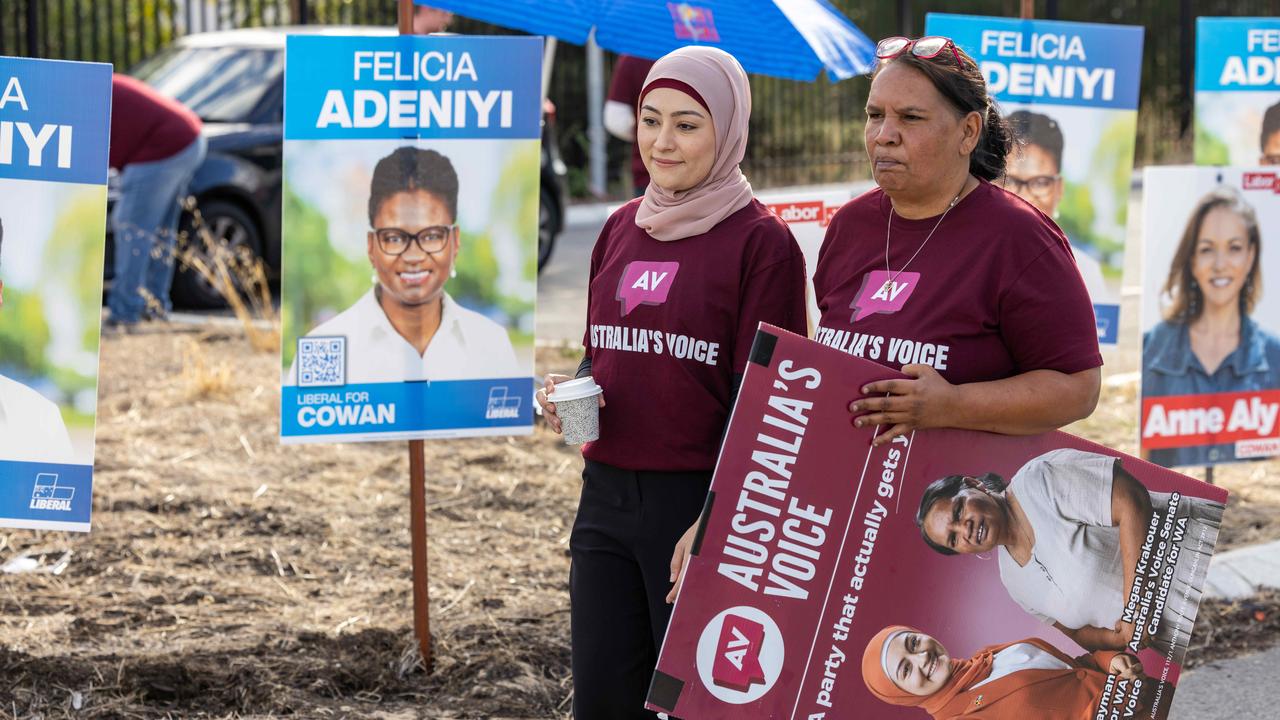
To join the conversation, please log in. Don't have an account? Register
Join the conversation, you are commenting as Logout